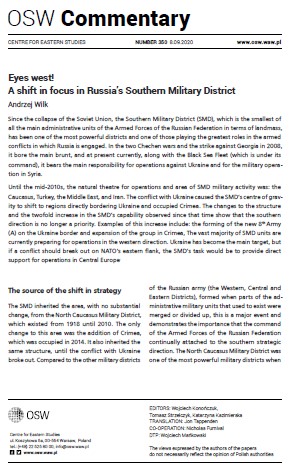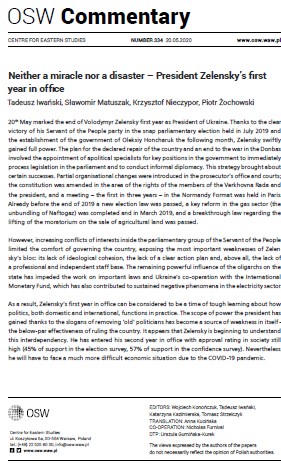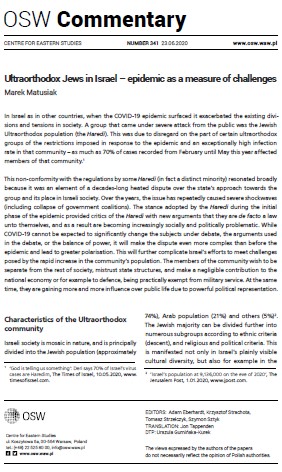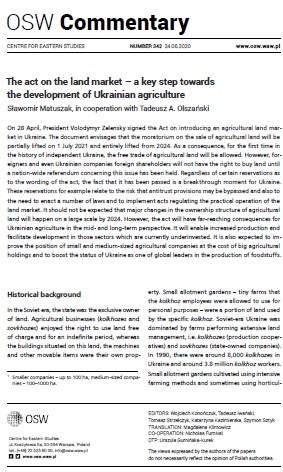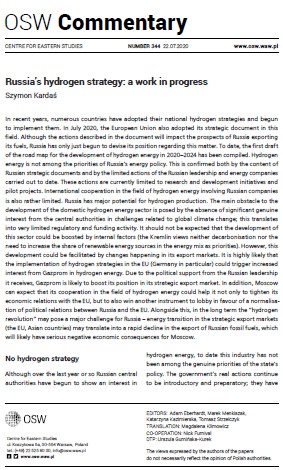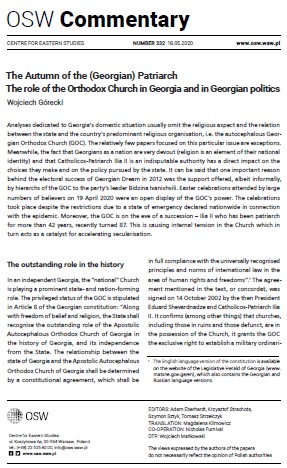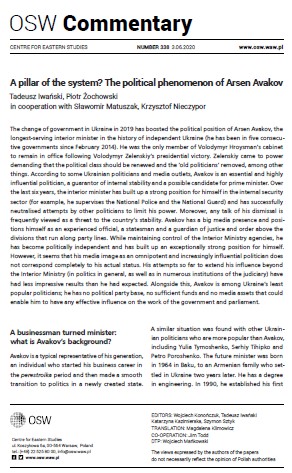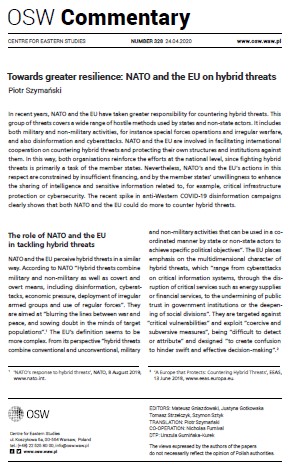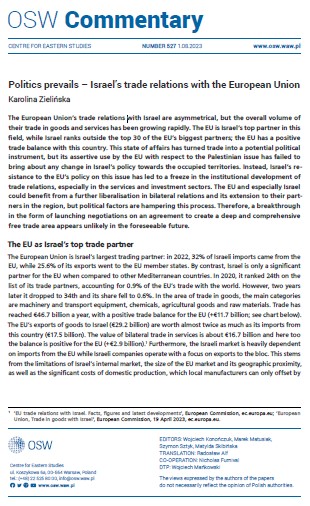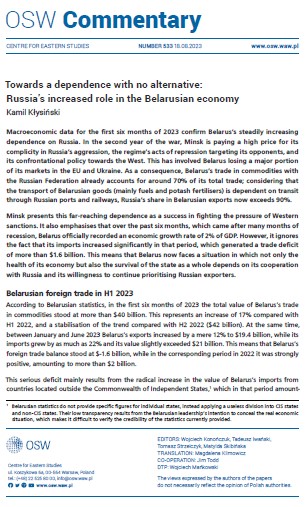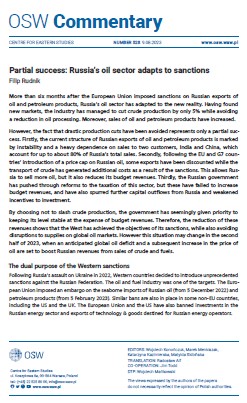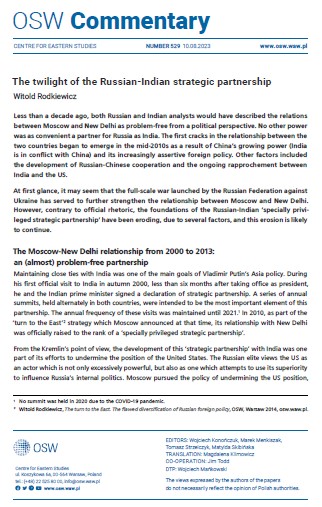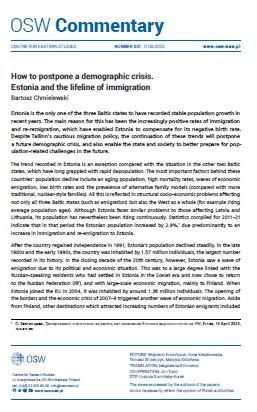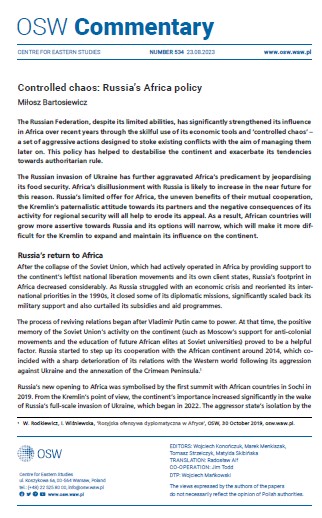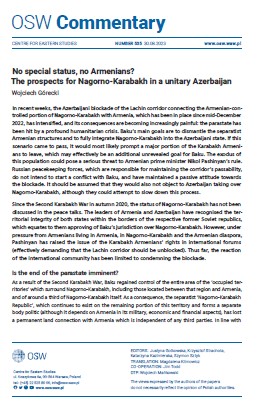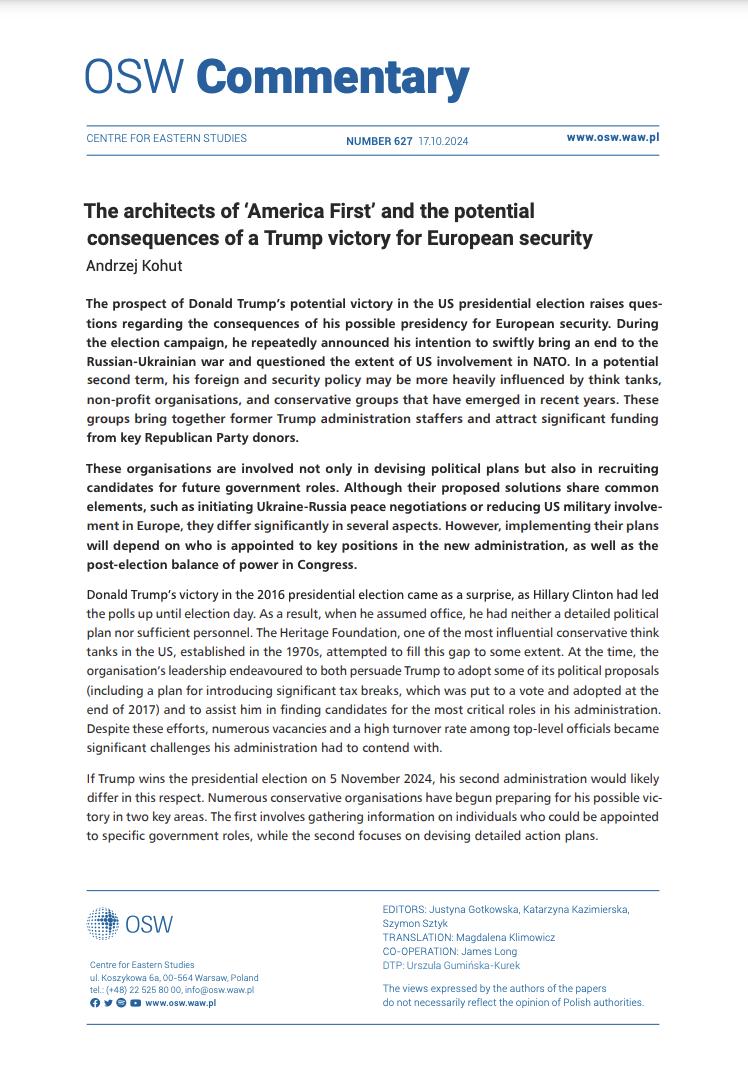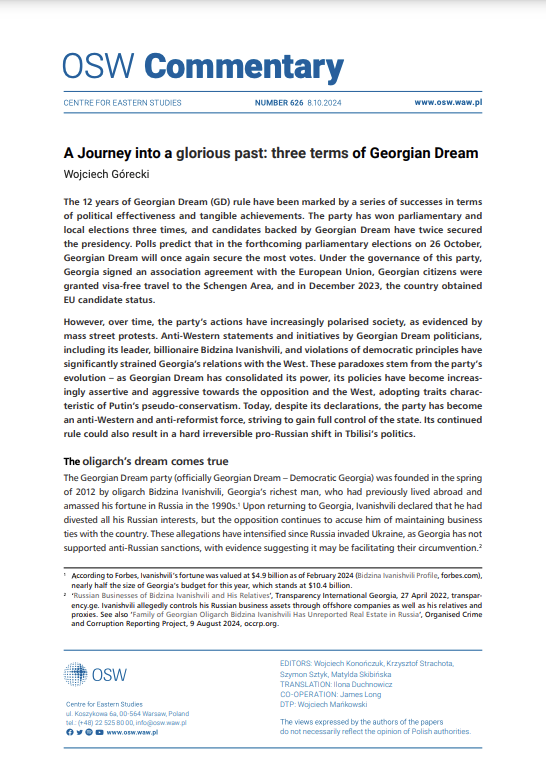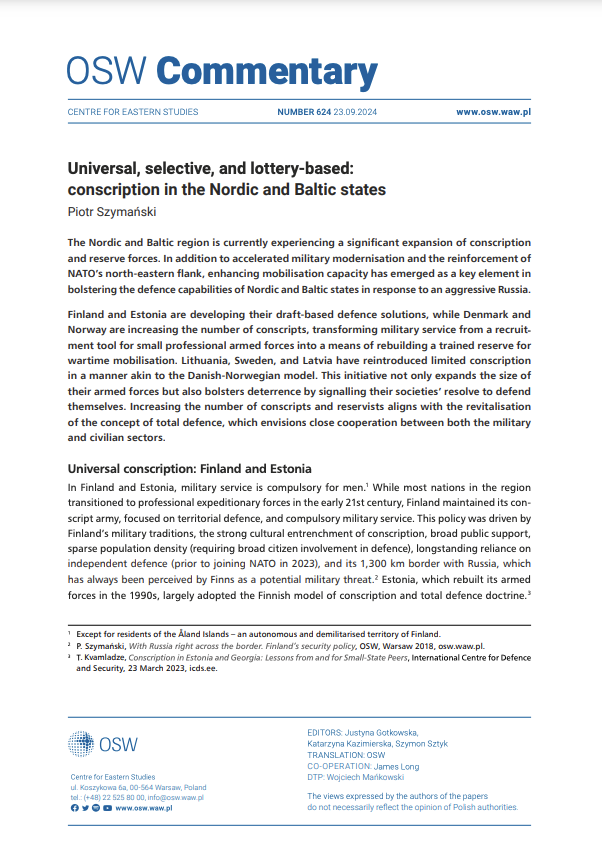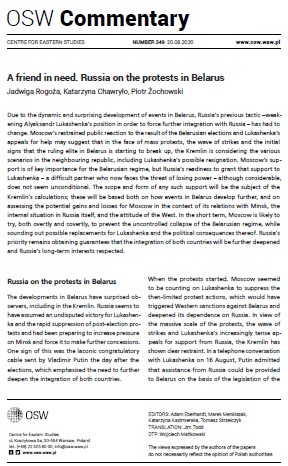
A friend in need. Russia on the protests in Belarus
A friend in need. Russia on the protests in Belarus
Keywords: protests in Belarus; Aleksandr Lukashenko's regime; Russia;
Due to the dynamic and surprising development of events in Belarus, Russia’s previous tactic –weakening Alyaksandr Lukashenka’s position in order to force further integration with Russia – has had to change. Moscow’s restrained public reaction to the result of the Belarusian elections and Lukashenka’s appeals for help may suggest that in the face of mass protests, the wave of strikes and the initial signs that the ruling elite in Belarus is starting to break up, the Kremlin is considering the various scenarios in the neighbouring republic, including Lukashenka’s possible resignation. Moscow’s support is of key importance for the Belarusian regime, but Russia’s readiness to grant that support to Lukashenka – a difficult partner who now faces the threat of losing power – although considerable, does not seem unconditional. The scope and form of any such support will be the subject of the Kremlin’s calculations; these will be based both on how events in Belarus develop further, and on assessing the potential gains and losses for Moscow in the context of its relations with Minsk, the internal situation in Russia itself, and the attitude of the West. In the short term, Moscow is likely to try, both overtly and covertly, to prevent the uncontrolled collapse of the Belarusian regime, while sounding out possible replacements for Lukashenka and the political consequences thereof. Russia’s priority remains obtaining guarantees that the integration of both countries will be further deepened and Russia’s long-term interests respected.
More...
